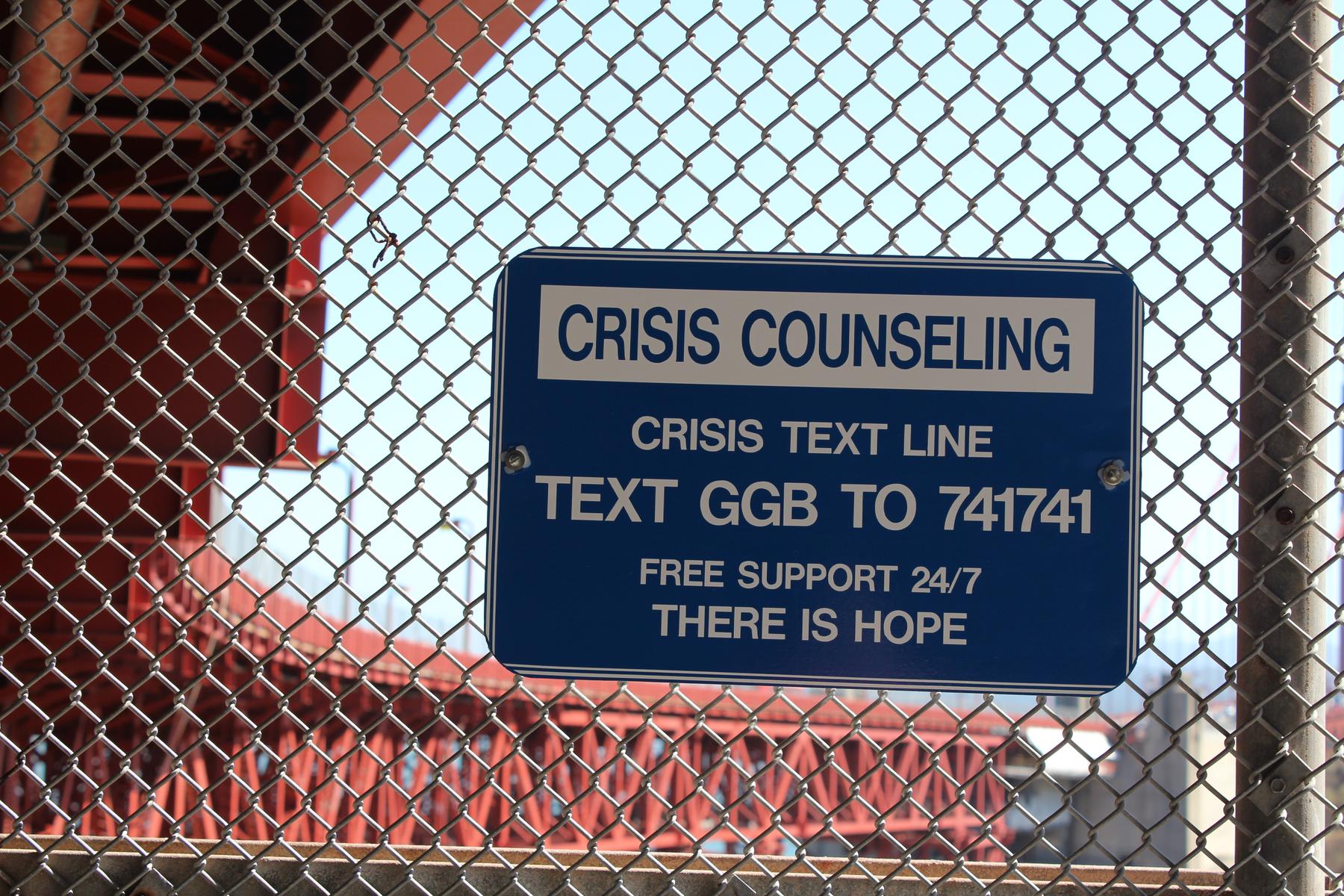Mental health is an important aspect of our overall well-being, yet seeking therapy can be a daunting task. The COVID-19 pandemic has only added to the challenges, limiting our ability to access in-person counseling sessions. However, with the rise of remote therapy, there’s an opportunity for individuals to take control of their mental health from the comfort of their own homes. In this blog post, we’ll explore how remote therapy can empower mental health resilience and break down some of the misconceptions surrounding virtual counseling sessions. So, if you’re looking for ways to prioritize your mental health during these challenging times, keep reading!
The Benefits of Remote Therapy for Mental Health Resilience
Remote therapy has become an increasingly popular approach to mental health care in recent years. With the rise of telemedicine and video conferencing technology, individuals can now access professional mental health services from the comfort of their own homes. The benefits of remote therapy are numerous: it eliminates geographical barriers, saves time and money on travel expenses, and provides a more flexible schedule for busy individuals. In addition to convenience, remote therapy also offers a safe and confidential space for clients to open up about their struggles without fear of judgment or stigma.
The COVID-19 pandemic has highlighted the importance of remote therapy as many people have had to adjust to social distancing measures and stay-at-home orders. It has allowed individuals who may not have been able to access traditional in-person counseling services due to mobility issues or other challenges to still receive much-needed support.
Overall, remote therapy is an effective tool that can help individuals build resilience when facing mental health challenges by providing accessible and convenient support when they need it most.

How Remote Therapy Can Help You Build Emotional Strength
Remote therapy is an effective tool to build * emotional strength and enhance mental health resilience. This type of therapy allows patients to access professional help anytime, anywhere, without having to leave their comfort zone. By using videoconferencing platforms or phone calls, remote therapists can provide individualized sessions that cater to the patient’s specific needs. Furthermore, * remote therapy enables individuals who are facing mobility issues or residing in remote areas with limited medical services the necessary care they require.
Remote therapists use evidence-based techniques such as cognitive-behavioral therapy (CBT) and mindfulness practices to assist clients in overcoming anxiety, depression, stress and other related disorders. With remote therapy being a flexible option for busy lifestyles it has become increasingly popular among students and professionals seeking counseling on their own time schedule from qualified mental health providers. Remote Therapy empowers individuals by helping them develop coping mechanisms and positive behavioral changes necessary* for maintaining good mental well-being.

Overcoming Stigma: The Rise of Remote Therapy in Mental Health Care
Remote therapy has been on the rise in recent years, especially in the wake of the COVID-19 pandemic. This form of therapy allows individuals to receive mental health care from the comfort of their own homes, eliminating the need for in-person visits and reducing the stigma associated with seeking help. The convenience and accessibility of remote therapy have made it an increasingly popular option for those seeking mental health support. In fact, a recent study found that teletherapy was just as effective as in-person therapy for treating depression and anxiety. As more people turn to remote therapy, it is important to continue breaking down barriers and normalizing seeking help for mental health concerns.

Understanding the Different Types of Remote Therapy Available Today
Teletherapy: The Rise of Remote Mental Health Care
Teletherapy, also known as online therapy or virtual therapy, is a type of remote therapy that allows individuals to receive mental health care services through video conferencing or phone calls. This form of therapy has become increasingly popular in recent years due to its convenience and accessibility. With teletherapy, individuals can receive counseling from the comfort of their own homes, without having to worry about transportation or scheduling conflicts. Additionally, teletherapy has been shown to be just as effective as in-person therapy for treating a variety of mental health conditions, including anxiety and depression. Overall, teletherapy offers a flexible and convenient option for those seeking mental health care services.
Online Counseling: A Convenient and Discreet Option for Therapy
Online counseling, also known as e-counseling or tele-counseling, is a form of remote therapy that allows patients to connect with licensed therapists virtually. Despite being conducted through the internet or phone calls, online counseling provides many benefits and can be just as effective as in-person sessions. This type of therapy is particularly convenient for individuals who prefer staying at home or have mobility issues. It’s also an excellent option for those seeking more discreet counseling services without having to worry about running into someone they know at their therapist’s office. Online counseling may involve various forms such as video conferencing, email communication, texting or chatting applications depending on patient preferences and needs.
The Benefits and Limitations of Video-Based Therapy Sessions
Video-based therapy sessions are a popular form of remote therapy that offers several benefits. One key advantage is the ability to have face-to-face interactions with a therapist from the comfort of your own home. This can be especially helpful for individuals who may have mobility issues or live in remote areas without access to in-person therapy. Additionally, video-based therapy sessions can provide a sense of privacy and anonymity that may not be possible in traditional therapy settings. However, it’s important to note that video-based therapy sessions may not be suitable for everyone, particularly those who do not feel comfortable using technology or have unreliable internet connections.
Text and Chat-based Counseling: Exploring the Possibilities
Text and chat-based counseling is a type of remote therapy that utilizes messaging platforms to connect clients with licensed therapists. This form of therapy is convenient for those who prefer to communicate through text rather than face-to-face or video sessions. It is also a great option for individuals who live in remote areas or have limited access to mental health services. Text and chat-based counseling can provide support for a variety of mental health concerns, including anxiety and depression. The ability to communicate with a therapist in real-time can help individuals build coping skills and improve their overall well-being.

Tips for Finding the Right Remote Therapist for Your Needs
When looking for a remote therapist that best suits your needs, it’s important to consider several factors. Firstly, search for licensed and experienced therapists who specialize in the particular mental health challenges you’re dealing with. Many online directories provide databases of accredited providers, allowing users to filter by specific expertise or insurance coverage.
Secondly, think about your personal therapy preferences. Do you prefer video chats or phone sessions? Would you like a therapist who incorporates mindfulness techniques or cognitive behavioral therapy into their practice? It can be helpful to schedule initial consultations with a few different therapists to see which one feels like the right fit.
Lastly, check if the therapist is licensed in your state, as licensing requirements vary by jurisdiction. Some states require that therapists have an active license where their client resides; others allow out-of-state licenses under certain conditions.
Finding the right remote therapist may take some time and effort but it’s worth it when you find someone who helps support your mental health resilience journey.

Exploring the Role of Technology in Modern Remote Therapy Practices
Role of Technology in Remote Therapy Practices
Remote therapy has been made possible by the advancements in technology. The use of video conferencing, messaging apps, and other online platforms has revolutionized the way mental health care is delivered. With remote therapy, patients can access therapy sessions from the comfort of their homes or any location that suits them.
The use of technology has also enabled therapists to provide more personalized and effective treatment plans. With online tools and resources, therapists can track patient progress, provide support between sessions, and offer customized exercises to help patients manage their mental health.
However, it is important to note that technology should not replace the human connection between therapist and patient. The use of technology should be complementary to traditional therapy practices and not a substitute for face-to-face interactions. As remote therapy continues to evolve, it is crucial for therapists to strike a balance between utilizing technology and maintaining the therapeutic relationship with their patients.
How to Prepare for Your First Remote Therapy Session: A Step-by-Step Guide
Setting Up Your Space: Creating an Environment Conducive to Therapy
To optimize your remote therapy experience, it’s important to create an environment that promotes relaxation and focus. First, find a quiet space that allows for privacy and free of distractions such as noise or visual stimulation. Make sure you have stable internet connection since a weak signal can cause frustration during the session. It is also recommended to use headphones as it provides more clarity in hearing your therapist’s voice. Second, ensure that you are physically comfortable by having good posture which will help with breathing exercises if required. Finally, make sure you have all necessary materials within reach including any medications or water bottles so you won’t be disrupted during the therapy session itself.
Testing Technology: Avoiding Technical Issues that can Disrupt your Session
To ensure a smooth and uninterrupted remote therapy session, it is vital to test the technology you will be using beforehand. Check your internet connectivity, camera and microphone settings, and make sure the video conferencing platform or app being used is compatible with your devices. If possible, conduct a test call with your therapist to confirm everything works as intended.
Technical issues during a remote therapy session can disrupt communication between you and your therapist, leading to frustration or missed opportunities for progress. Taking the time to verify that all equipment is functioning properly can help avoid unnecessary interruptions and give peace of mind going into your first appointment.
Knowing What to Expect: Understanding the Differences between in-person and Online Counseling
Remote therapy has become increasingly popular, especially given the current pandemic situation. However, it may be overwhelming for some people who have not experienced online counseling before. One of the main differences between remote therapy and in-person counseling is that you will be communicating with your therapist through a screen rather than face-to-face. This can impact nonverbal cues, but it also allows you to participate from anywhere with internet access.
Additionally, confidentiality is still maintained during remote therapy sessions as they are conducted on a secure platform. Communication methods might differ based on your chosen means of remote therapy – video conferencing or messaging – but both offer flexible scheduling options while maintaining high-quality care standards.
**Online
Preparing for Vulnerability: Overcoming Anxiety and Embracing Openness in Remote Therapy
Remote therapy can be an effective way to improve mental health resilience, but it’s normal to feel anxious or vulnerable before your first session. To overcome these feelings, it’s important to remember that therapy is a safe space where you can express yourself without judgment. Start by setting aside time to prepare for your session, finding a quiet and private space where you won’t be interrupted. Take deep breaths and remind yourself that seeking help is a sign of strength. Embrace openness and honesty during your session, as this will help your therapist understand your needs and provide the best possible care.

Real-Life Success Stories: How Remote Therapy Changed Lives for the Better
Remote therapy has been a game-changer for many individuals struggling with mental health issues. One success story is that of Sarah, who suffered from anxiety and depression. Sarah found it difficult to leave her house, let alone attend in-person therapy sessions. However, with the help of remote therapy, she was able to receive the support she needed from the comfort of her own home.
Another success story is that of John, who lives in a rural area with limited access to mental health services. Remote therapy allowed him to connect with a therapist who specialized in his specific needs without having to travel long distances.
These are just two examples of how remote therapy has positively impacted people’s lives. It provides access to mental health care for those who may not have had it otherwise and removes barriers such as transportation or mobility issues. As technology continues to advance, we can expect even more success stories and improved outcomes for those seeking mental health support.
Coping with Crisis: The Importance of Accessible and Affordable Remote Therapy Services
Accessible and Affordable Remote Therapy Services
The COVID-19 pandemic has created a surge in demand for mental health services, including remote therapy. However, not all individuals have access to affordable and accessible remote therapy services. This raises concerns about how to ensure that those who need support can receive it regardless of their financial situation or geographical location.
One solution is the use of teletherapy platforms that offer low-cost or free counseling options for those in need. Many non-profits and community organizations also provide resources and referrals for mental health care with a focus on remote therapy.
Having access to affordable and accessible remote therapy services can make a significant difference in people’s lives by providing them with the care they need without worrying about high costs or limited availability of local providers. We must continue to prioritize making mental health care inclusive and equitable by expanding the provision of affordable remote therapy services.

The Future of Mental Health Care: What to Expect from Remote Therapy in the Years Ahead
Remote therapy has seen a surge in popularity over the last few years, and its growth is set to continue into the future. With more people recognizing the benefits of accessing mental health care from their own homes, it’s likely that remote therapy will become even more accessible and widely used in the coming years.
One factor driving this trend is the increasing availability of technology that enables remote communication. As video conferencing software becomes more sophisticated and reliable, it’s easier for therapists to provide high-quality care from a distance. Additionally, insurance companies are beginning to recognize remote therapy as a legitimate form of treatment and may soon offer coverage options for patients seeking virtual counseling sessions.
Looking ahead, we can expect continued innovation in remote therapy practices with new features such as virtual reality applications or AI-powered chatbots being developed to enhance patient experience while ensuring quality care. Furthermore, teletherapy may be especially valuable for those living in rural areas or who have difficulty leaving home due to physical impairment or chronic illness.
Overall, remote therapy represents an exciting frontier in mental health care delivery that offers increased accessibility without sacrificing effectiveness.
In conclusion, remote therapy has revolutionized the field of mental health care by offering individuals greater access to affordable and convenient counselling services. With a plethora of benefits including increased emotional resilience, flexibility, convenience and privacy – it’s no wonder why this mode of therapy is rapidly gaining in popularity. As more people embrace telehealth technology as a way to manage their mental health challenges, we can expect even greater advancements in remote therapy practice in the years ahead. So if you’re looking for an effective way to build emotional strength and overcome stigma associated with traditional approaches to therapy- consider exploring your options for remote counselling today!
